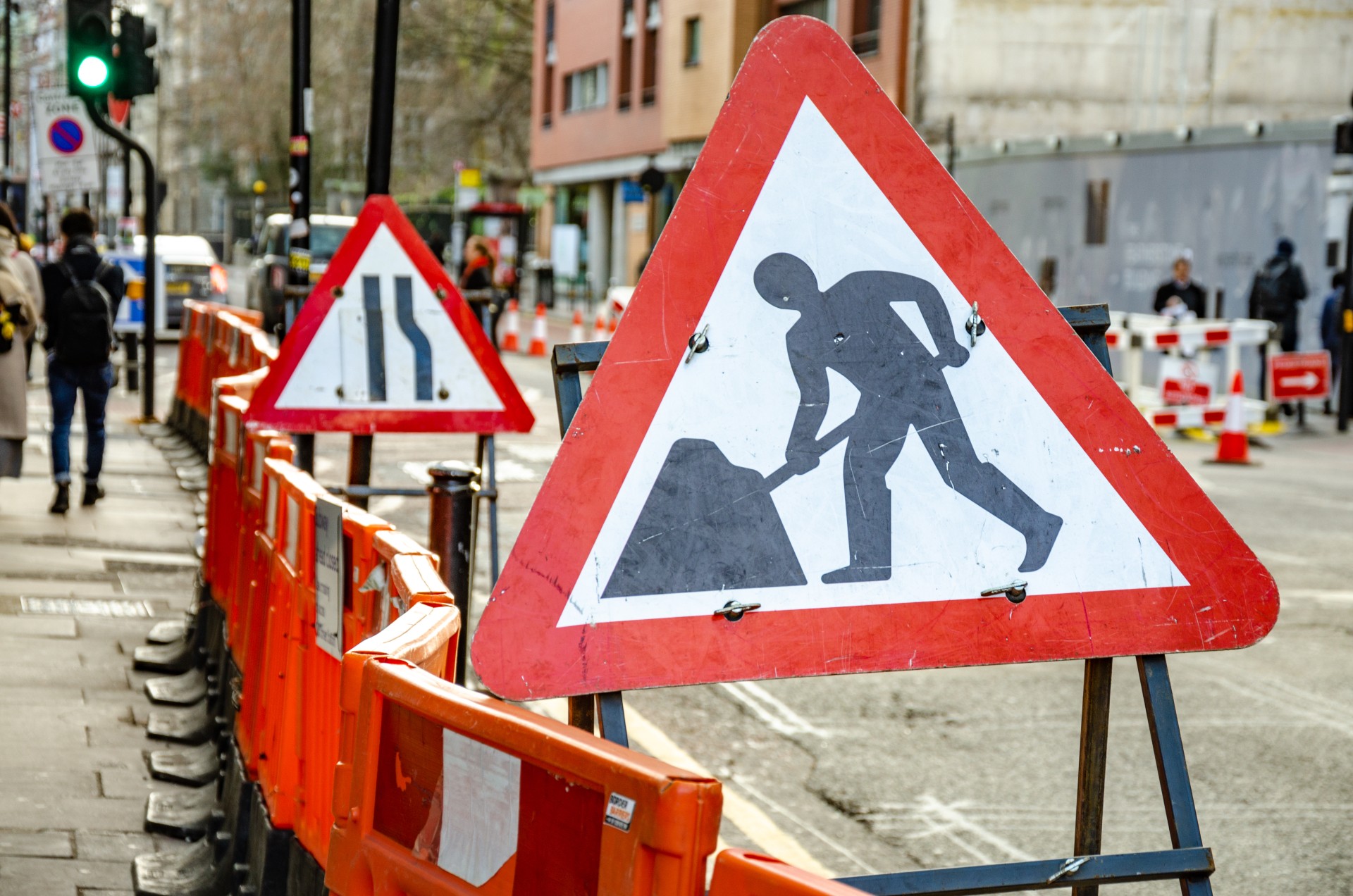A lot has happened this year, but if you cast your mind back to early March the Government presented the 2020 Budget, pledging to invest £27.4bn to improve and revamp the UK’s roads. For motorists that can only mean one thing; roadworks. With £2.5bn set aside purely for fixing potholes, this is great news for our cars, but while road improvements are underway, this could majorly affect our daily commute to work or the school run.
As a result, narrower lanes, slower traffic and shorter tempers could all be an additional challenge when it comes to reaching our destination in time. However, this stress can be avoided by driving carefully and ensuring you plan your journey ahead, that's why this week's advice comes from IAM RoadSmart’s head of driving and riding standards, Richard Gladman, with 6 tips to ensure your journey through roadworks is as safe and stress-free as possible.

- Ideally, you should try and check the status of any roads you plan to use prior to your commute. If there are significant amounts of repair works and you think you might get stuck in traffic, consider taking an alternative route, even if it does mean you cover more miles. If you find there is no alternative route however, give yourself more time to travel and ensure you have plenty of fuel.
- Maintain a safe following distance of at least two seconds in dry weather and at least four seconds when it's wet.
- Try to look at the furthest point of the road, so you can anticipate any changes ahead such as lane restrictions. If it is safe to do so, it’s best to merge in turn if vehicles are travelling at low speed.
- Keep an eye out for any roadwork signs – these can give you important instructions, such as a temporary maximum speed limit that you need to adhere to.
- Be mindful of the fact that average speed cameras are common where long-term roadworks are in place so be prepared to slow down.
- If you’re a heavy cruise control user, be sure you know how to cancel it safely. A better option will be a speed limiter as this will allow you to slow in response to the traffic, but help to prevent any momentary lapse in speed control if the road clears.
Additionally, Gladman said: “If you can see traffic building up then avoid switching lanes too often. Changing lanes on extremely busy roads will increase your chances of being involved in a collision and slows down traffic flow. So long as you stay alert and plan ahead, your journey should be a safe and stress-free one.”
To conclude, we want to ensure your daily commute is as stress-free as possible as this is how many collisions can occur, therefore it is important to keep these six tips in mind when managing roadworks in the future.
Other CarCliq articles that might interest you:
To conclude, we want to ensure your daily commute is as stress-free as possible as this is how many collisions can occur, therefore it is important to keep these six tips in mind when managing roadworks in the future.
Other CarCliq articles that might interest you:
For more CarCliq News, click here.